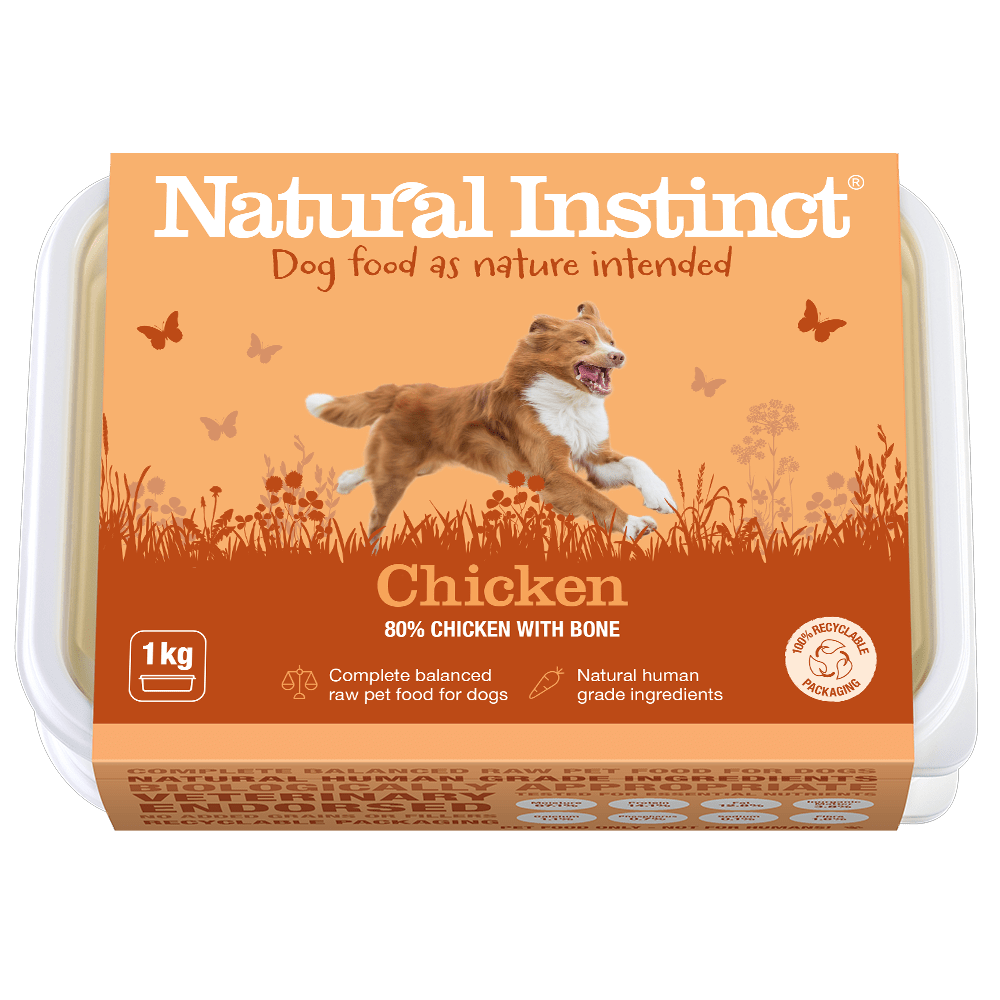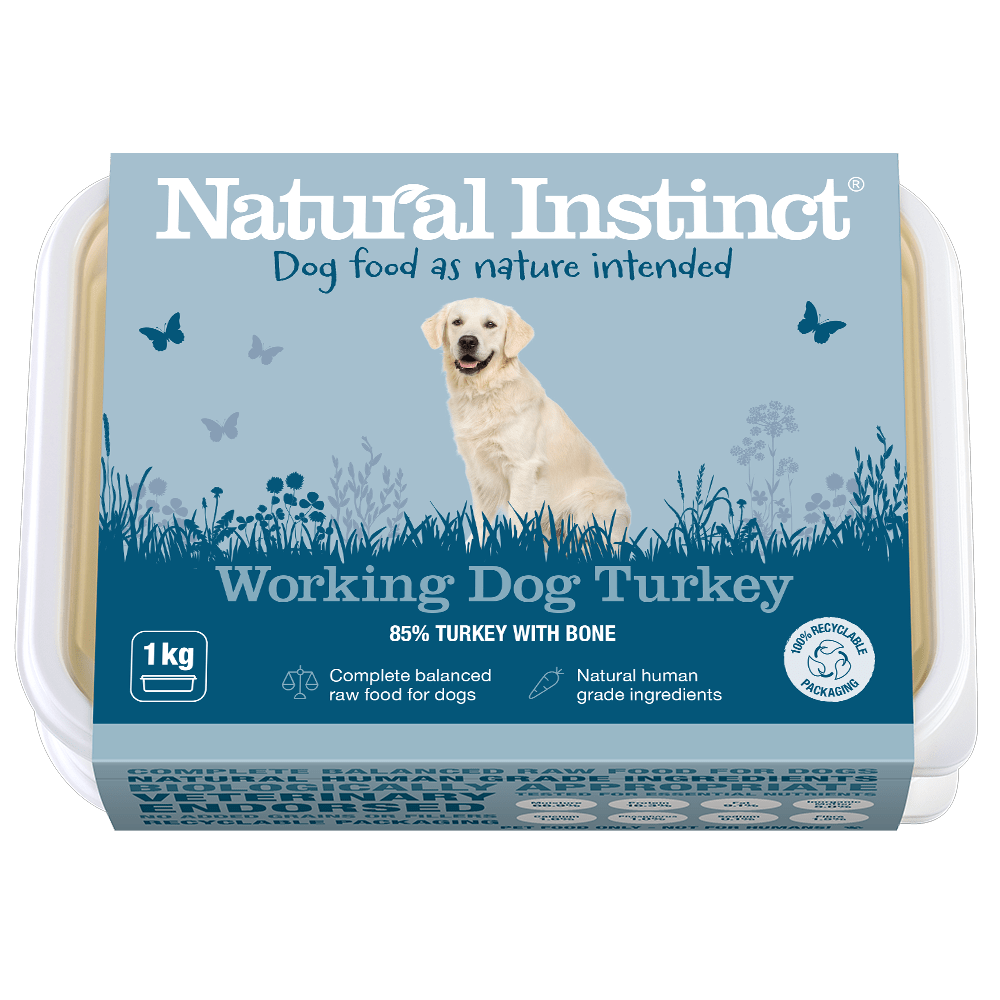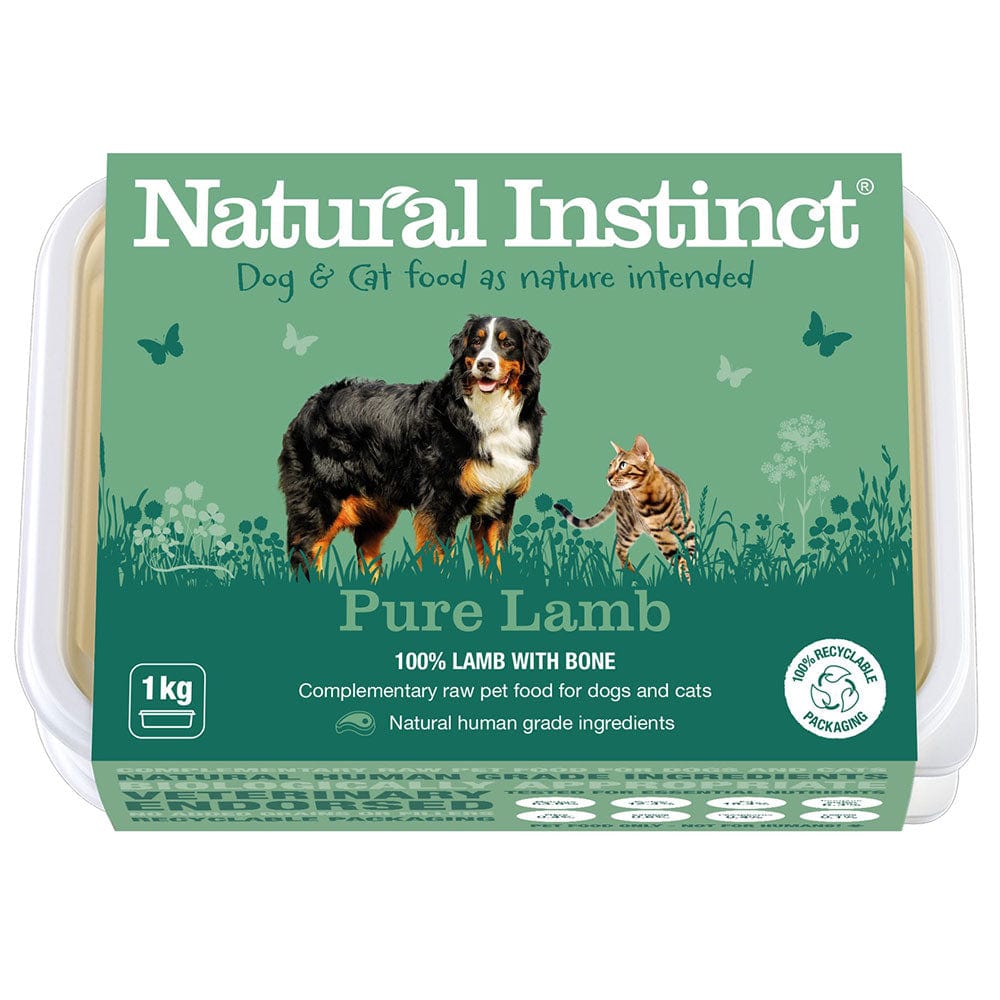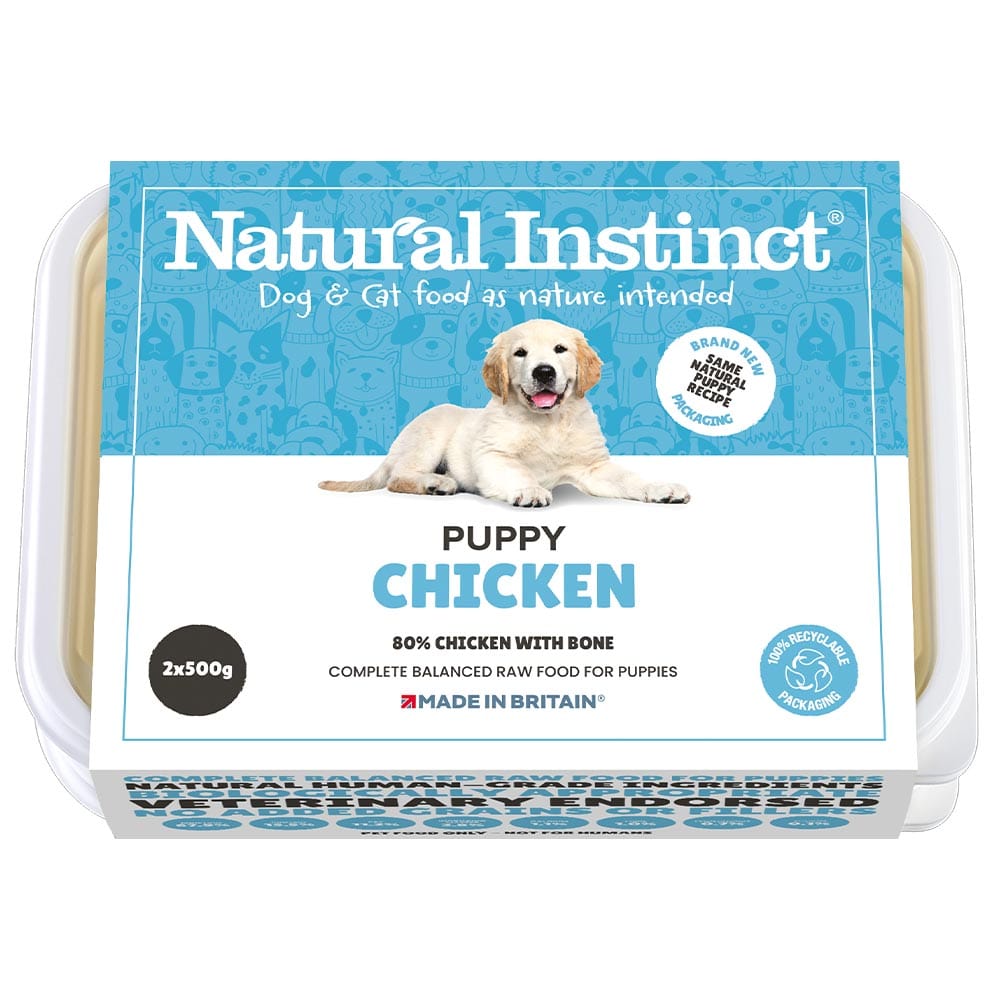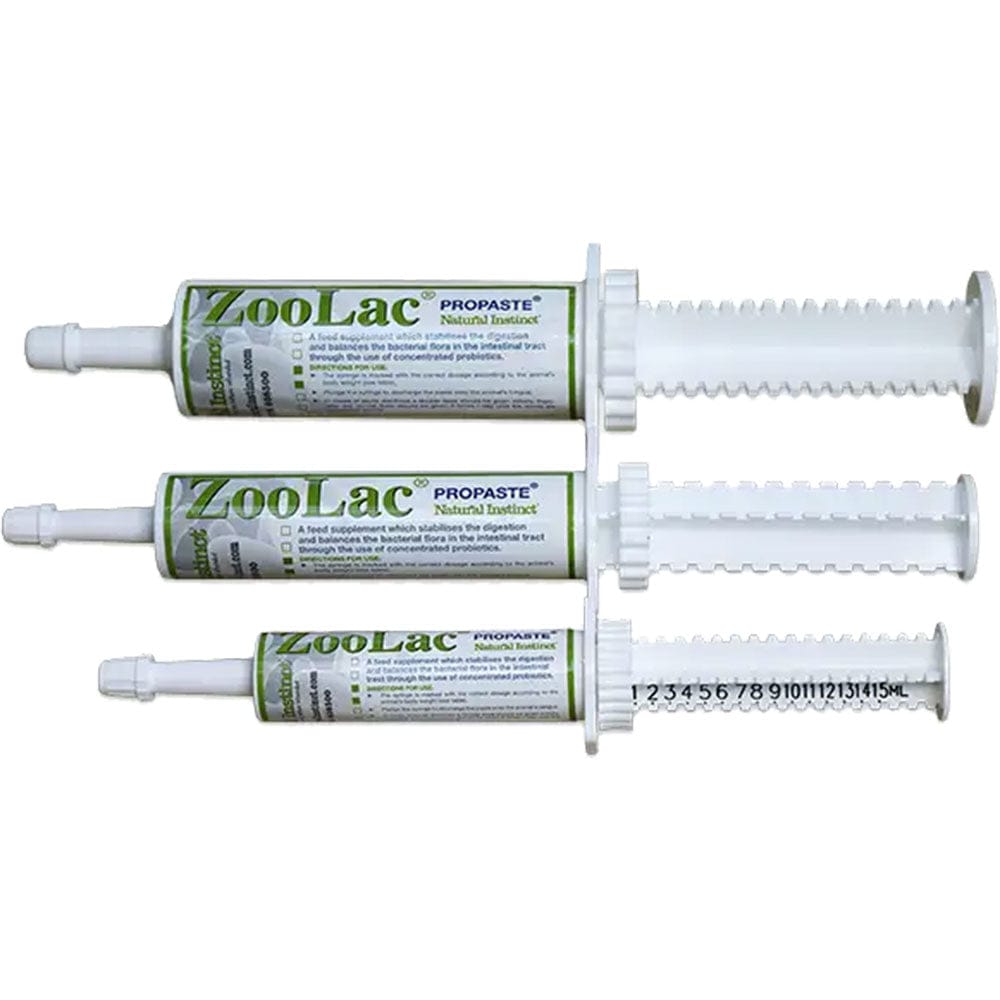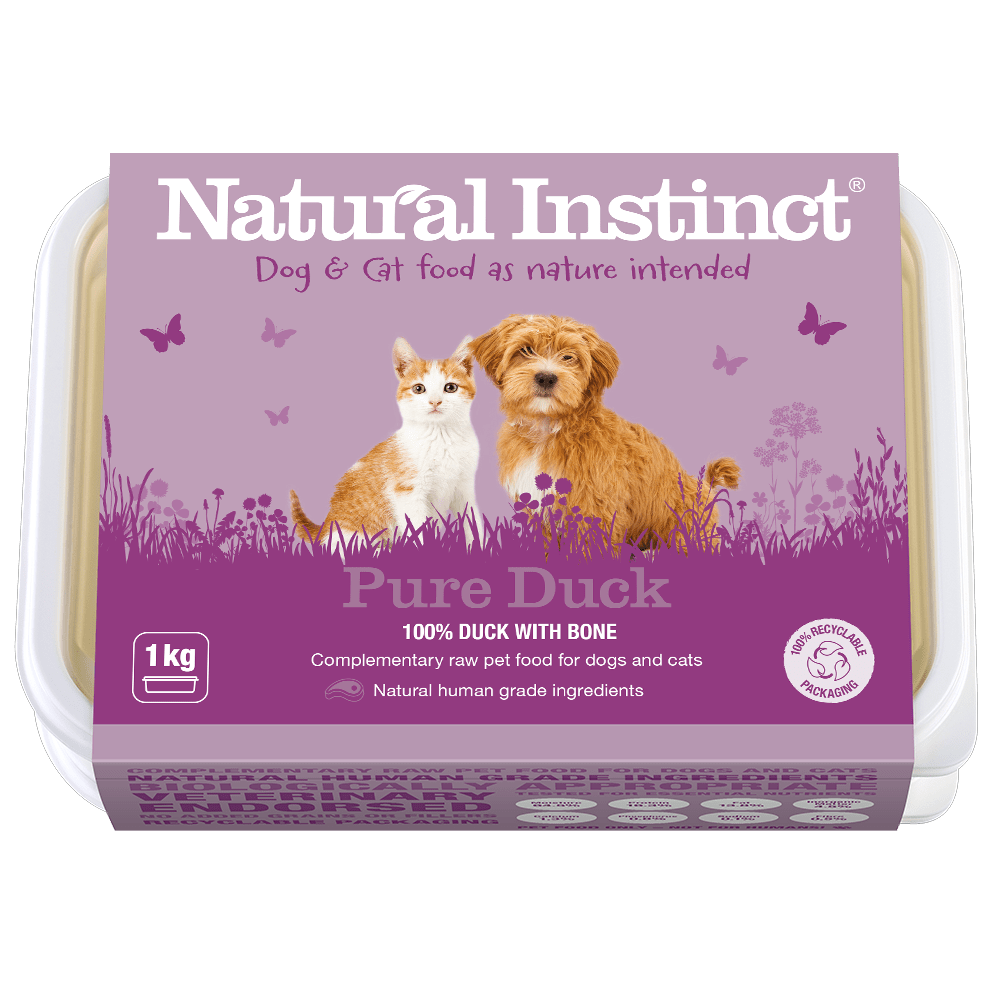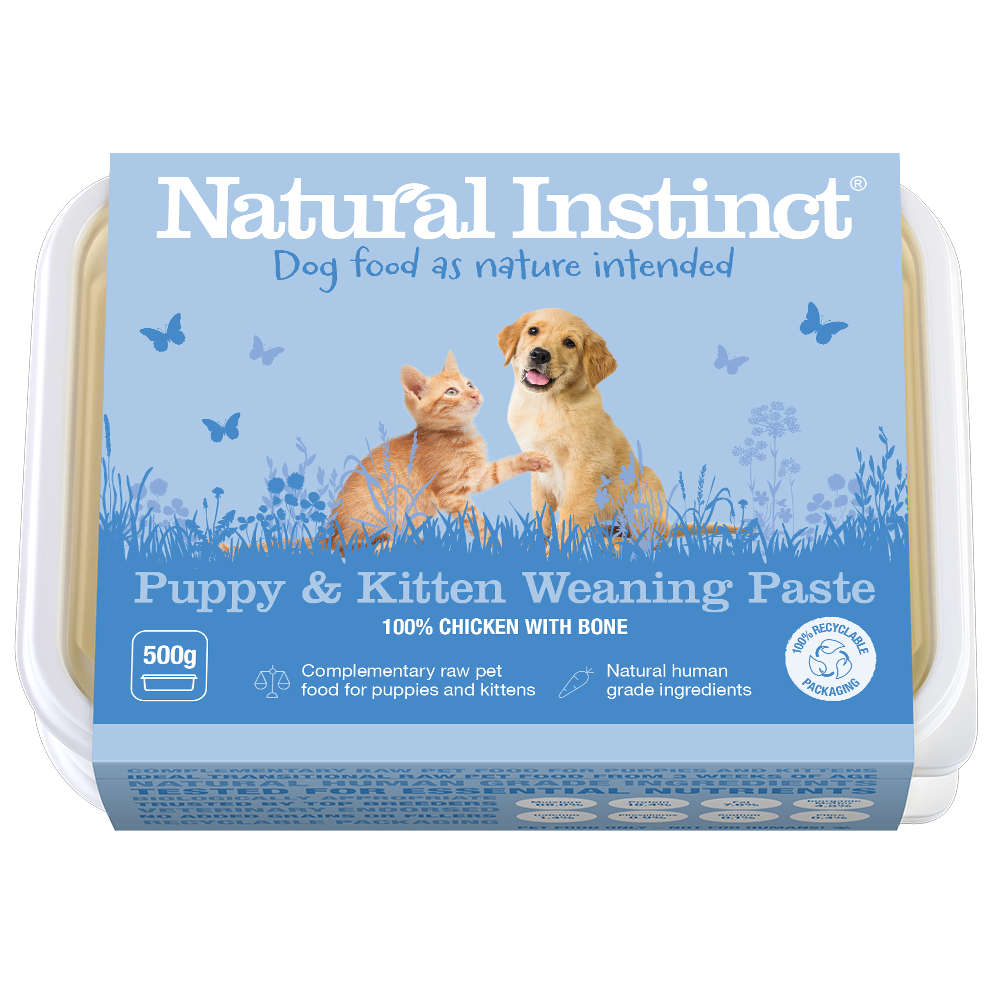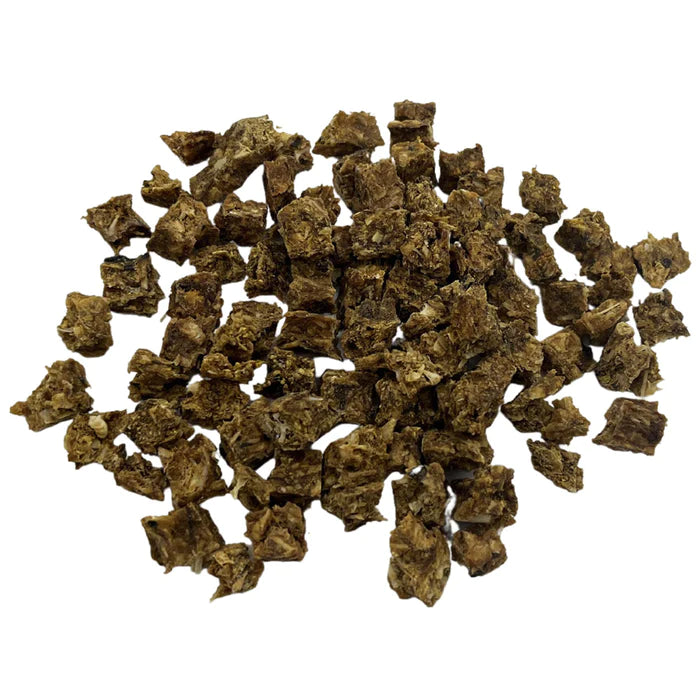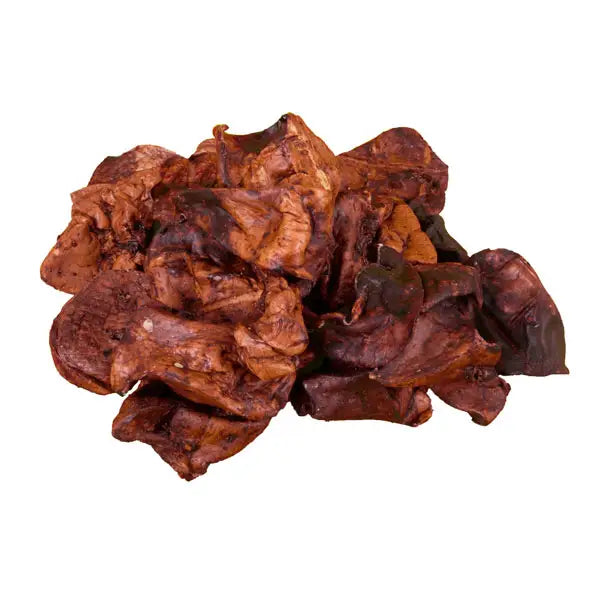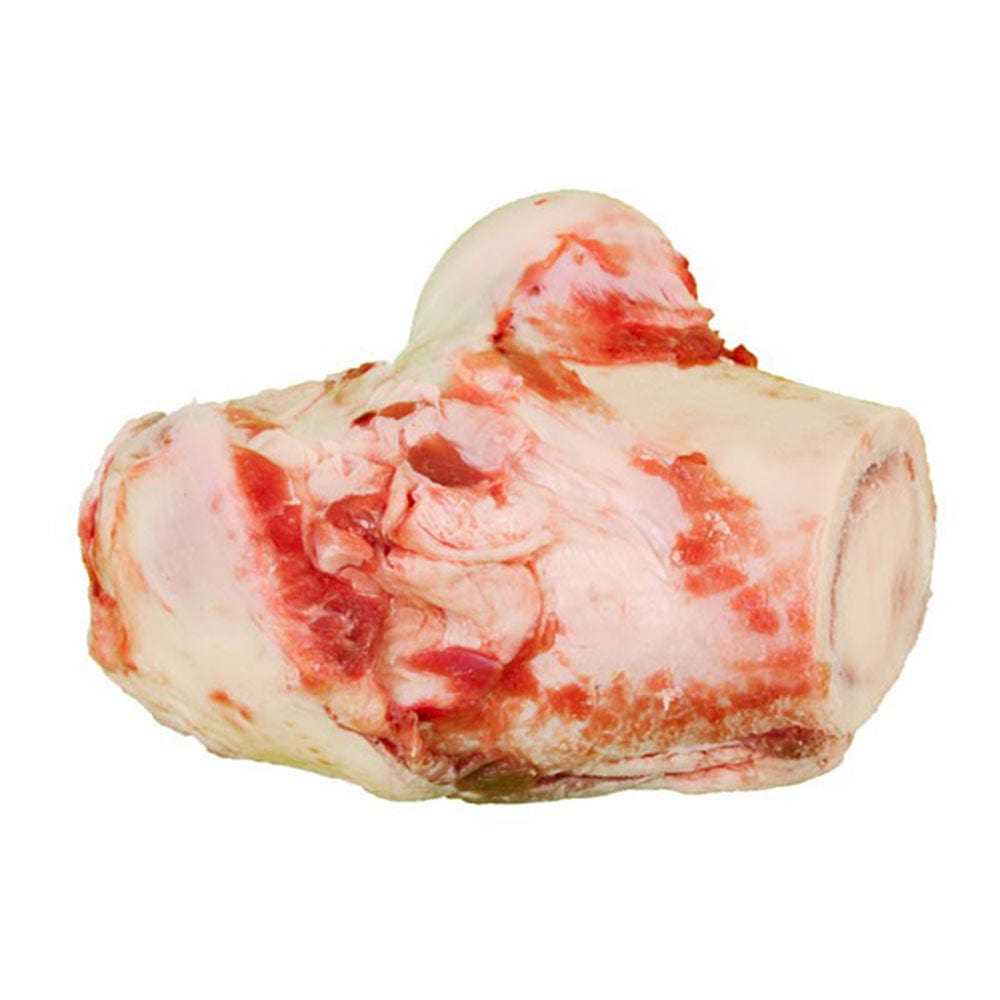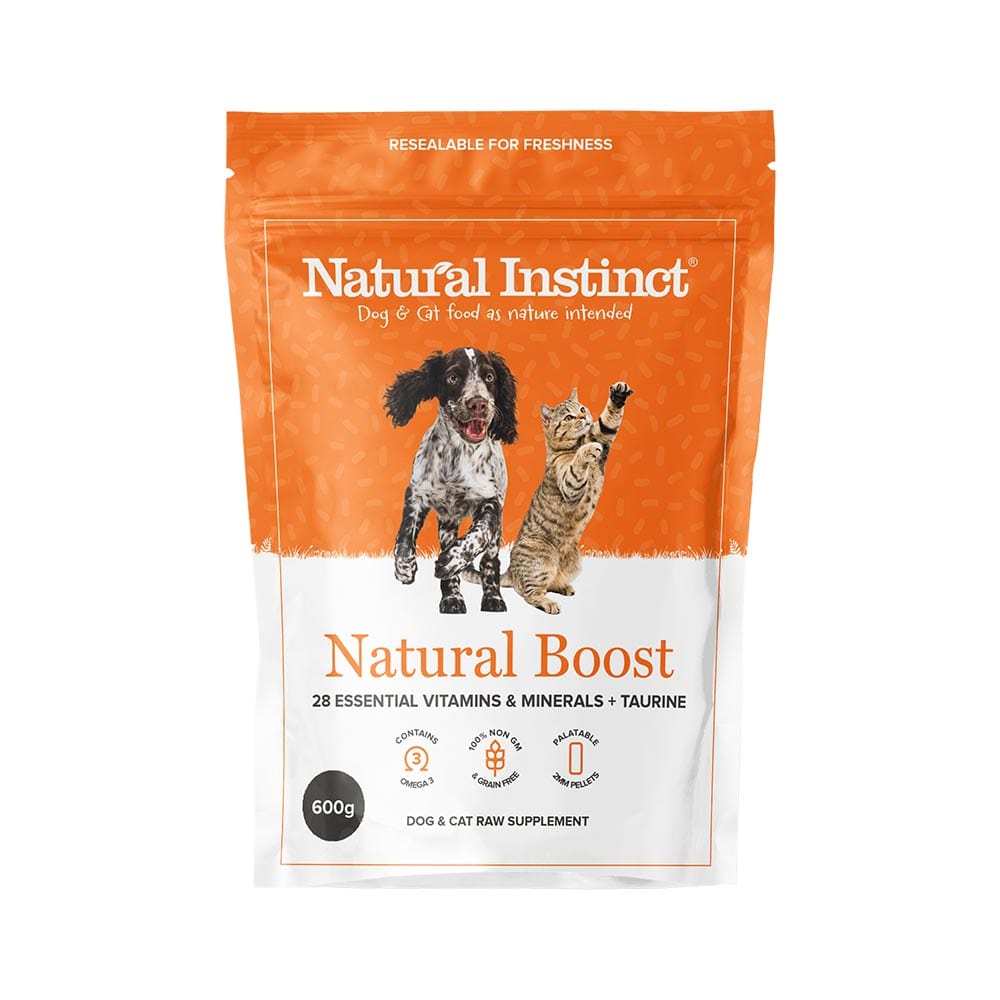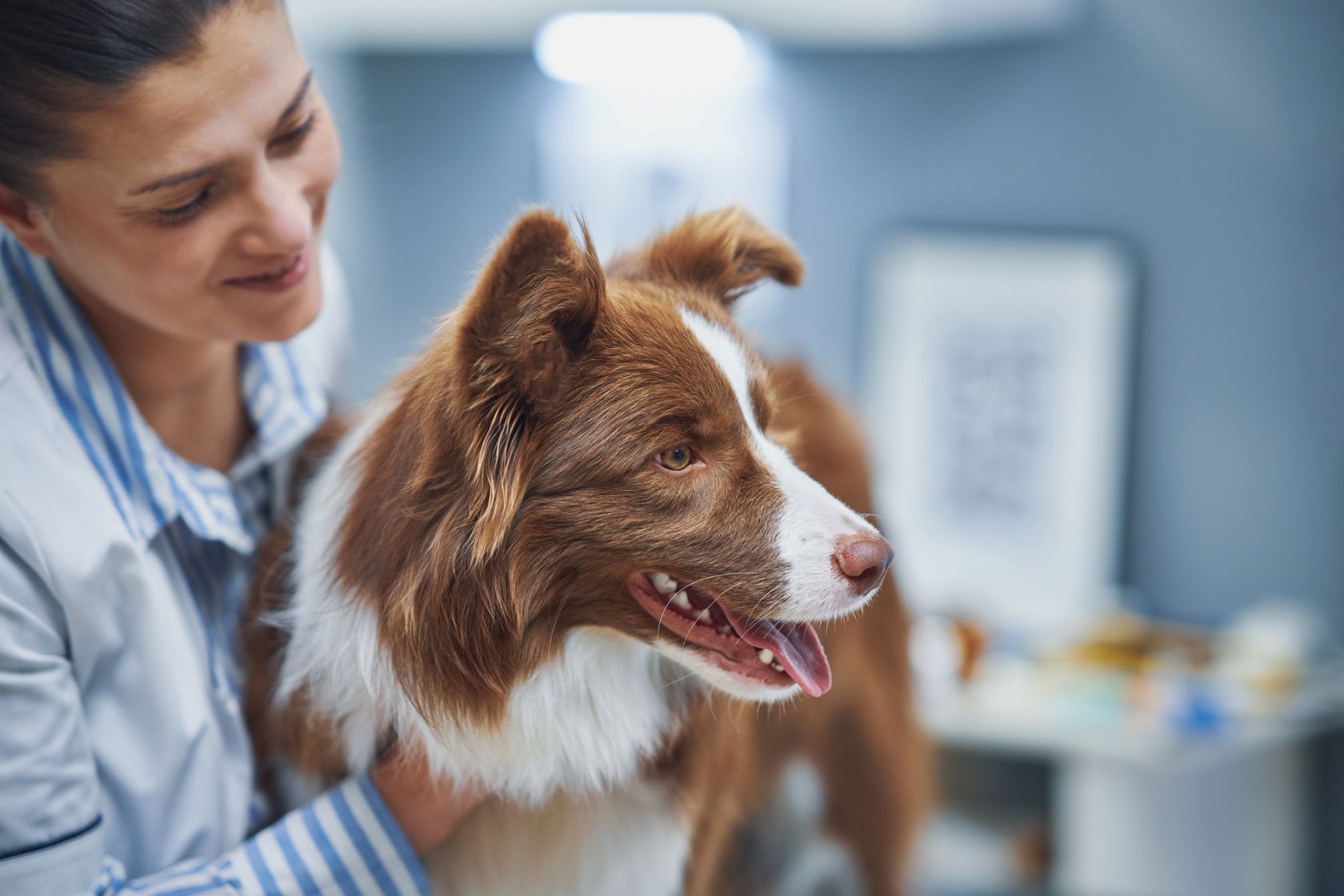As we enter these colder months, the temperatures around the UK are drastically dropping, and frost-covered windscreens are becoming a daily occurrence.
In this blog, Kirsten Dillon, our Animal Behaviourist and Canine Specialist, shares some expert advice on the dangers and symptoms of antifreeze poisoning in pets and provides preventative steps for protecting your pets this winter.
As temperatures around the UK have taken a sharp downturn, many of us will need to defrost our cars on these icy mornings.
Antifreeze (or ethylene glycol) is typically used as it is a quick and easy way to defrost our cars. Unfortunately, antifreeze has a sweet taste and is particularly attractive to animals, especially dogs and cats. Antifreeze tends to have a low minimum toxic dose level. It can be rapidly absorbed in an animal's gastrointestinal tract, leading to renal damage and metabolic acidosis, an excess of acid in the body. Symptoms and severity will depend on how much your pet has ingested and how long ago they ingested it.
If you witness your pet ingest antifreeze, see a leak on the floor, or get home to find an empty container, contact your veterinary practice immediately.
You may not have seen the ingestion, but the following symptoms suggest concerns (although they can suggest other issues, too).
❄️ Lethargy
❄️ Vomiting
❄️ Polyuria (Urinating excessively)
❄️ Polydipsia (Drinking excessively)
❄️ Neurological signs
❄️ Seizures
❄️ Ataxia (co-ordination & balance)
❄️ Coma
❄️ Dehydration
❄️ Abdominal pain
How can I prevent it?
Firstly, appropriate storage and disposal is essential. Ensure you clear up any spillages on the ground so cats and dogs don't accidentally ingest it, and ensure any products you have are up high and out of reach for curious paws.
Be safe,
Kirsten Dillon
Animal Behaviourist & Canine Specialist
